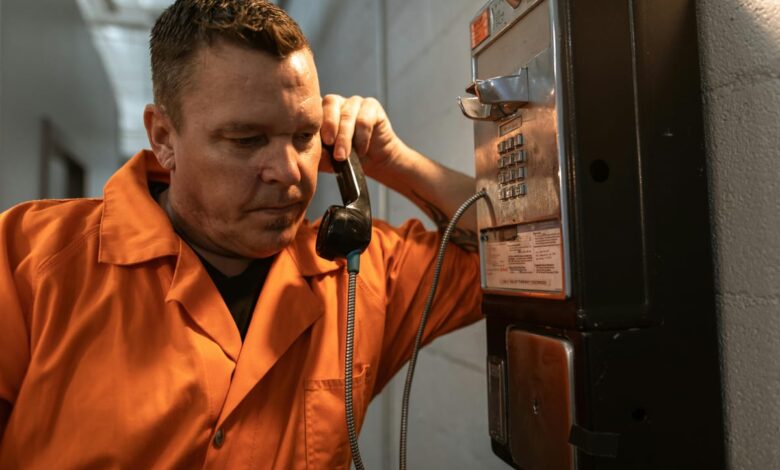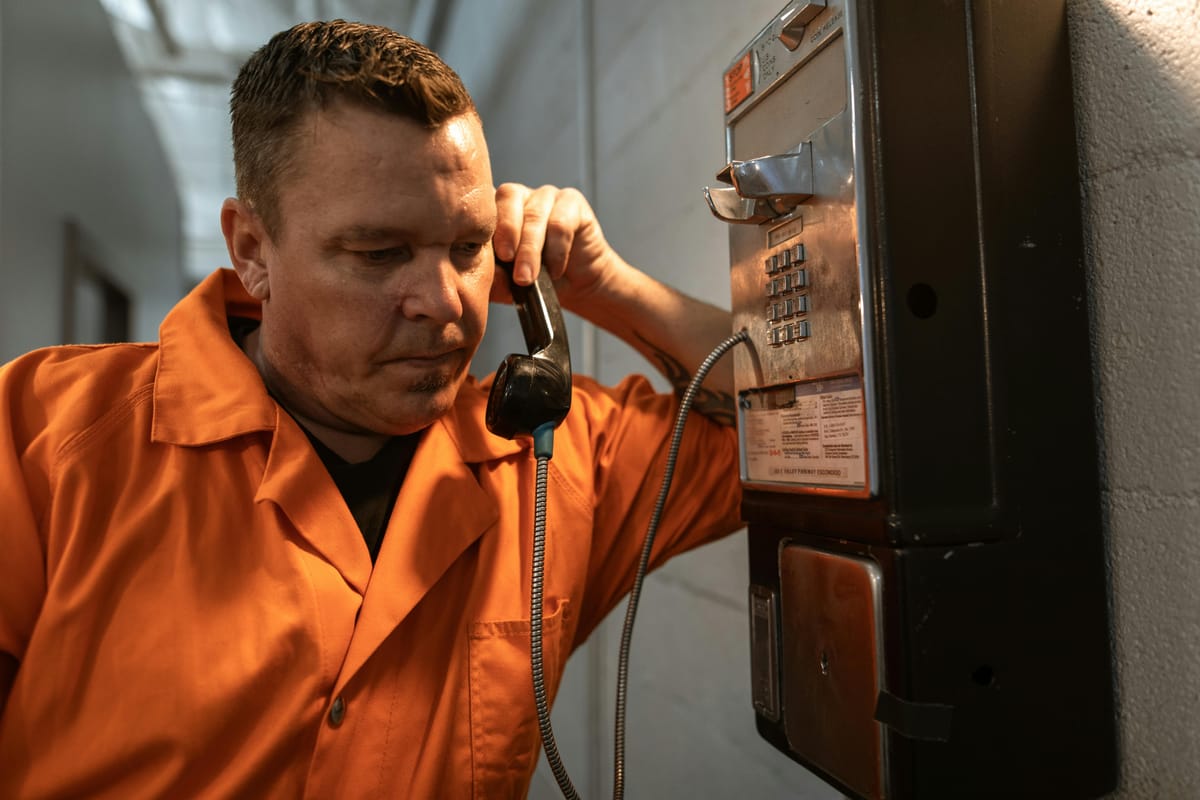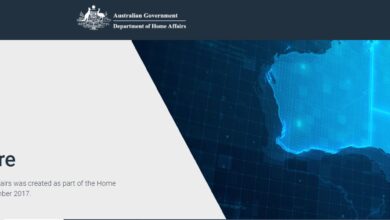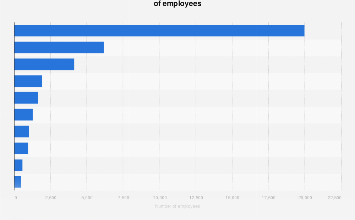Justice Department Wants Lower Prices, More Competition in Prison Telecommunications

The justice department argues that the status quo harms low-income families

WASHINGTON, April 30, 2024—The Justice Department on Monday backed a Federal Communications Commission initiative to improve communications opportunities for incarcerated individuals.
The Justice Department’s comment letter came as the Federal Communications Commission is weighing how to implement the Martha Wright-Reed Act — legislation which mandates reasonable rates for phone calls from prisons.
The legislation, passed in January 2022, mandates the FCC expand their authority over prison communications. The law requires the FCC establish “just and reasonable rates” for incarcerated individuals.
In February 2023, FCC Chairwoman Jessica Rosenworcel solicited comments on how the commission should implement the legislation. She particularly requested advice on the rate-making approach, the managing of safety and security costs, and the commission’s authority on the regulation of interstate communications.
The Justice Department praised the FCC for using the policy to ensure affordable telephone communication for prisoners. However, the department pointed out some ways the commission could lower telephone communication costs for prisoners and families through increasing competition.
The department pointed to the domination of communications services by a select few companies as the major impediment to addressing this issue. Two providers, Securus and Global Tel*Link Corporation, control a majority of the incarcerated people’s communications services market, the letter saod.
The department also called on the FCC to reconsider whether prison facilities should receive commissions as part of service costs. The department argued these commissions may incentivize prisons to not select the most cost-effective provider. Selecting a bidder with a higher commission payout might result in more expensive calls for incarcerated individuals.
More more communication with loved ones can improve the emotional and psychological state of incarcerated individuals and their families, the department argued. The department lamented the poor quality of prison phone calls and claimed that roughly a third of families have gone into debt due to prison phone call fees.
The Justice Department also suggested the commission prevent providers from circumventing regulation by pushing unregulated services on customers, such as electronic messaging. Unlike phone communications, electronic messages are not rate-regulated, the department argued.



